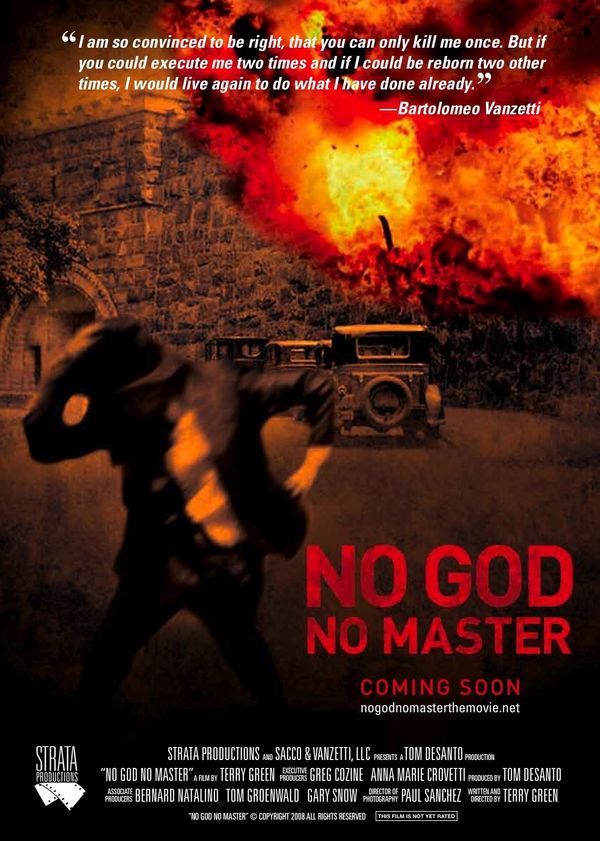


The First Part and chapter one of the Second Part of Du Principe Fédératif was translated by Richard Vernon under the title The Principle of Federation. General Idea of the Revolution in the Nineteenth Century was translated in 1923 by John Beverley Robinson ( available on-line).

The First Memoir of What is Property? in a new translation is also available from Cambridge University Press. He also translated numerous other shorter pieces. Benjamin Tucker translated the First and Second Memoirs of What is Property? and volume 1 of System of Economic Contradictions and both are available on-line. Who exactly are they? Where do those who have always called themselves anarchists come from and what is their line of thought? Why do we consider their thinking to be confused and their history such a cause for concern?įeaturing previously unseen and forgotten archive footage, this documentary series recounts the history of a movement that from Paris to New York, and from Tokyo to Buenos Aires, has constantly imbued the world with its freedom and revolt.īased on Daniel Guerin's book No Gods No Masters.Sadly, very little of Proudhon’s voluminous writings has been translated into English. By going back over the key events of the last two centuries of social history, the series reveals, for the first time, the origins and destiny of a political trend that has been fighting all gods and all masters for over 150 years. But NO GODS NO MASTERS reveals the far more complex history of a viable social system and the men and women who devoted themselves to making it a reality. Original title: "Ni dieu, ni maitre - Une histoire de l'anarchisme" -Īnarchy is often used as a synonym for chaos and destruction with anarchists seen as black-clad nihilists fomenting violence at peaceful protests.

History, Sociopolitical Documentary hosted by Redjep Mitrovitsa,


 0 kommentar(er)
0 kommentar(er)
